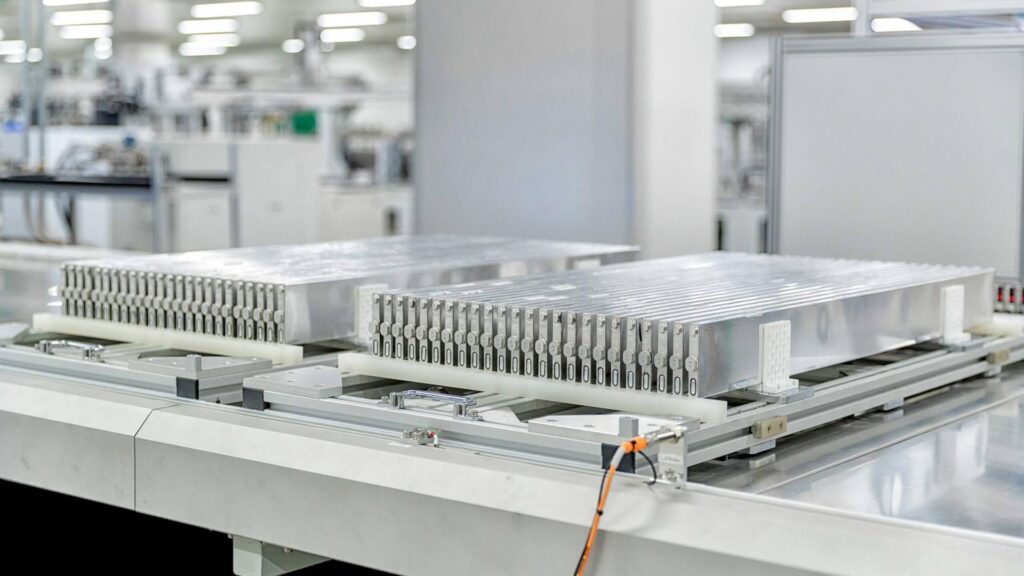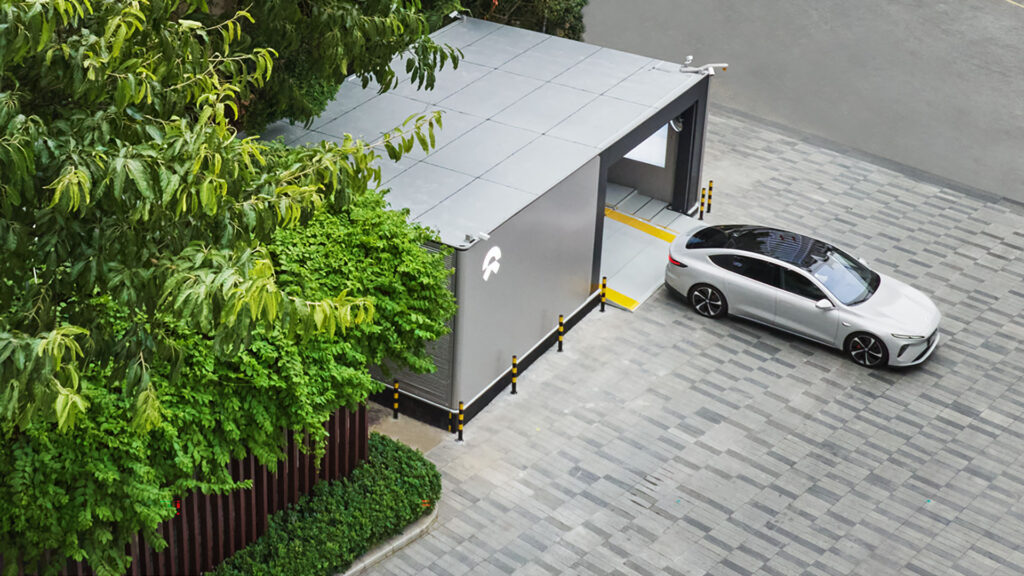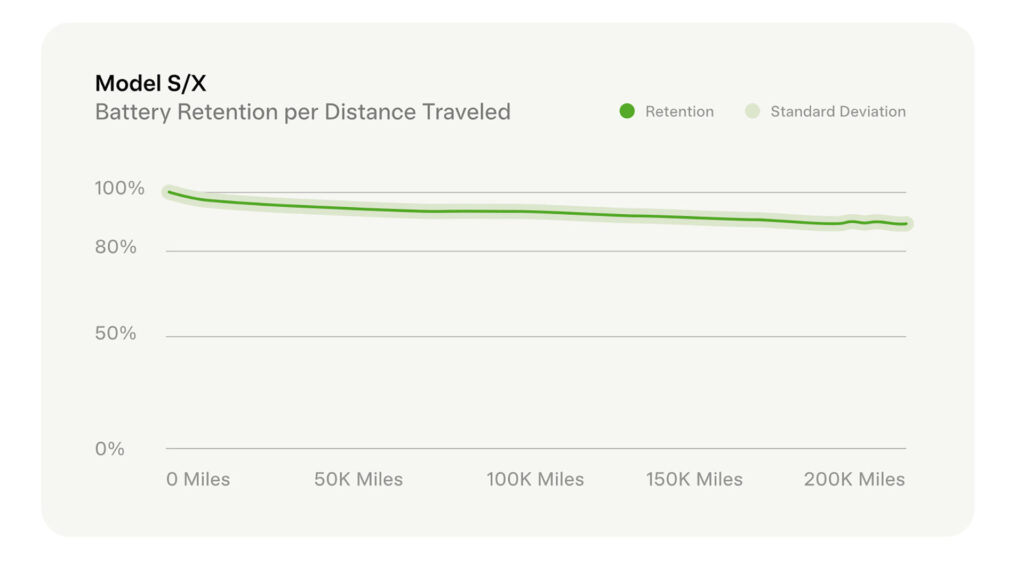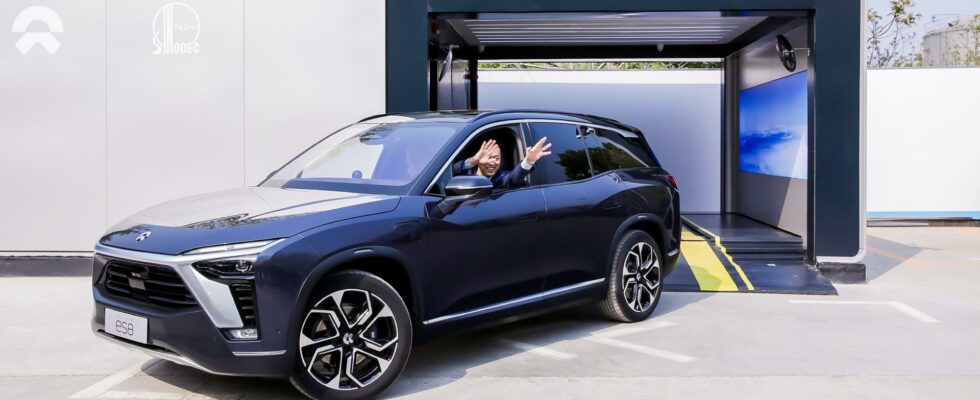Nio has teamed up with the giant CATL to create batteries with a lifespan of more than 15 years. It wants to encourage its competitors to improve this aspect of the batteries embedded in their vehicles.
Electric car batteries are currently guaranteed for 8 years by the main manufacturers. The mileage covered and the condition of the battery from which it can be replaced under the warranty vary significantly depending on the brand. In any case, the Chinese manufacturer Nio considers that this is now insufficient and that progress must be made.
At the China EV100 2024 Forum on March 16, 2024, William Li (CEO of Nio) addressed the Chinese automotive industry. According to Chinese media CNevpost, he called for greater efforts to now offer batteries with a longer lifespan. The idea is to better match battery longevity to the total lifespan of the vehicle. A speech that could go in the right direction, but which is also double-edged.
Launch of the race for longevity
The automotive industry must solve many challenges simultaneously in relation to the electrification of the vehicle fleet. If the longevity of battery packs has never been excluded from the equation, it has on the other hand stagnated around the objective of 8 years, notably imposed as a standard in China. For many years, manufacturers have focused on finding the technical solutions and chemistries to achieve better energy densities, better ranges and better charging capabilities. However, the improvement in lifespan has been somewhat sidelined in research.

The boss of Nio therefore sent a message that he hopes will unify the Chinese automobile industry: “ This is not just a problem that Nio needs to solve, but one that the entire industry should work to solve together. » As the first market for electrified vehicles, China will also be the first to experiment on a large scale with end-of-life battery issues. 20 million Chinese vehicles (hybrid and electric) will reach this end of warranty by 2032.
A way to put yourself forward against competitors
Nio just signed an agreement with CATL on March 14 to produce a new generation of batteries. It will allow the manufacturer to insure the batteries for 15 years, with a battery condition (SOH or “State of Health”) greater than 85% at this time. However, no timetable has been communicated for the arrival on the market of this new battery, the cost of which is also unknown.
This statement during the EV100 forum was certainly a way to underline this commitment by Nio to improve the longevity of its own batteries. It was also an opportunity to re-emphasize its commercial strategy, in which the customer rents a battery and takes advantage of the battery swapping system without worrying about the state of health of their battery.


A milestone of 8 years not always so fatal
Is William Li creating controversy where none necessarily exists? According to the media ChinaDaily, the boss of Nio declared: “ You can drive the vehicle when the battery warranty expires, but the mileage will drop significantly and there might even be safety issues. »
We can imagine that first-generation Zoe and Leaf drivers will be delighted to discover that they are driving a ticking time bomb. This is of course not actually the case. Of course, there is an almost inevitable decline in battery capacity after many years. However, the longevity of the Zoé batteries far exceeds the Renault manufacturer’s estimates. Jean-Dominique Sénard, chairman of the board of directors of the Renault group, took advantage of the auto industry day to confirm this, indicating that the group even learned a lot from it. Many Zoé’s still run with their original battery and with remaining autonomy that is respectable for the technology used at the time.
Tesla also would tend to shake the neck of this preconceived idea, according to which once the 8 years of warranty or 160,000 km have passed, electric cars would find themselves unusable.
Above all, we can wonder what interest the boss of Nio would have in scoring against his side. Remember that the Chinese manufacturer equips its models with large 100 kWh batteries, which in the event of replacement outside of warranty would cost a little more than €30,000.


It is of course possible that the quality of the cells used by Chinese manufacturers, to drive prices down, will be a problem in the future. In any case, it will be interesting to observe what happens in the coming years in this country.
If battery topics captivate you, subscribe to Watt Else. This is Numerama’s free weekly newsletter, guaranteed 100% without language on electric mobility.
If you liked this article, you will like the following: don’t miss them by subscribing to Numerama on Google News.
